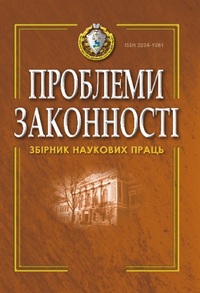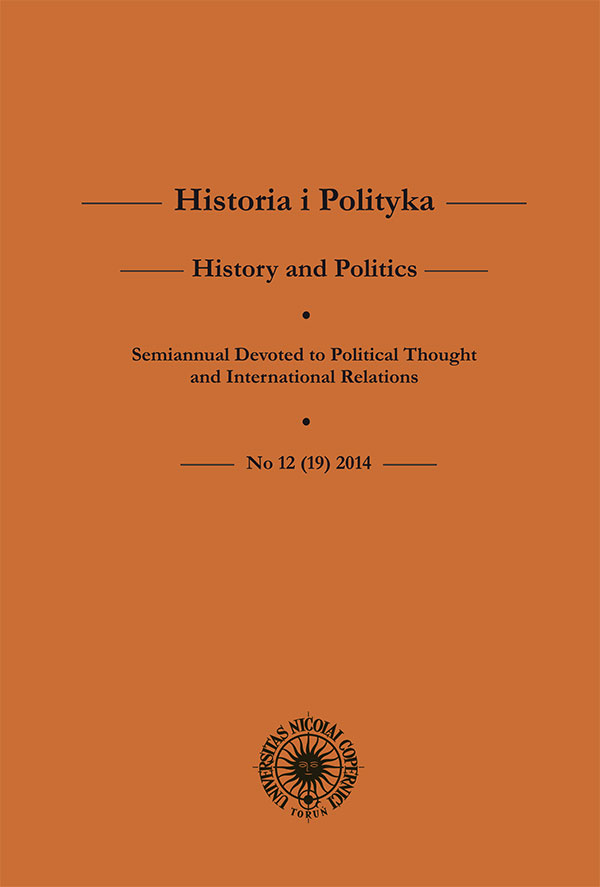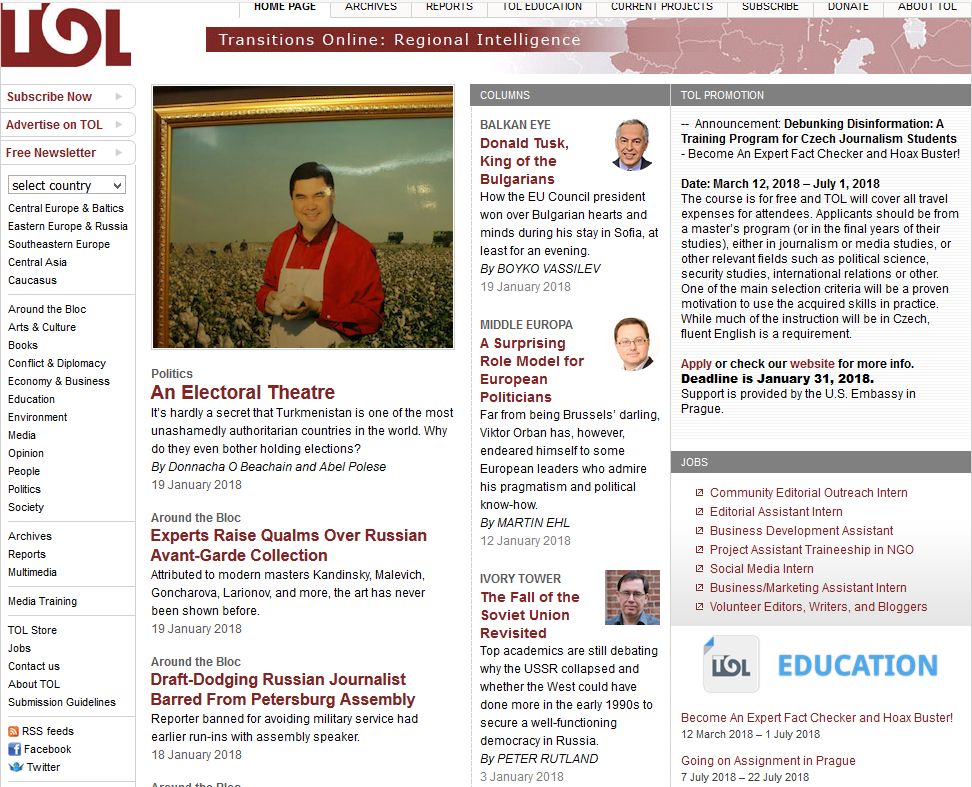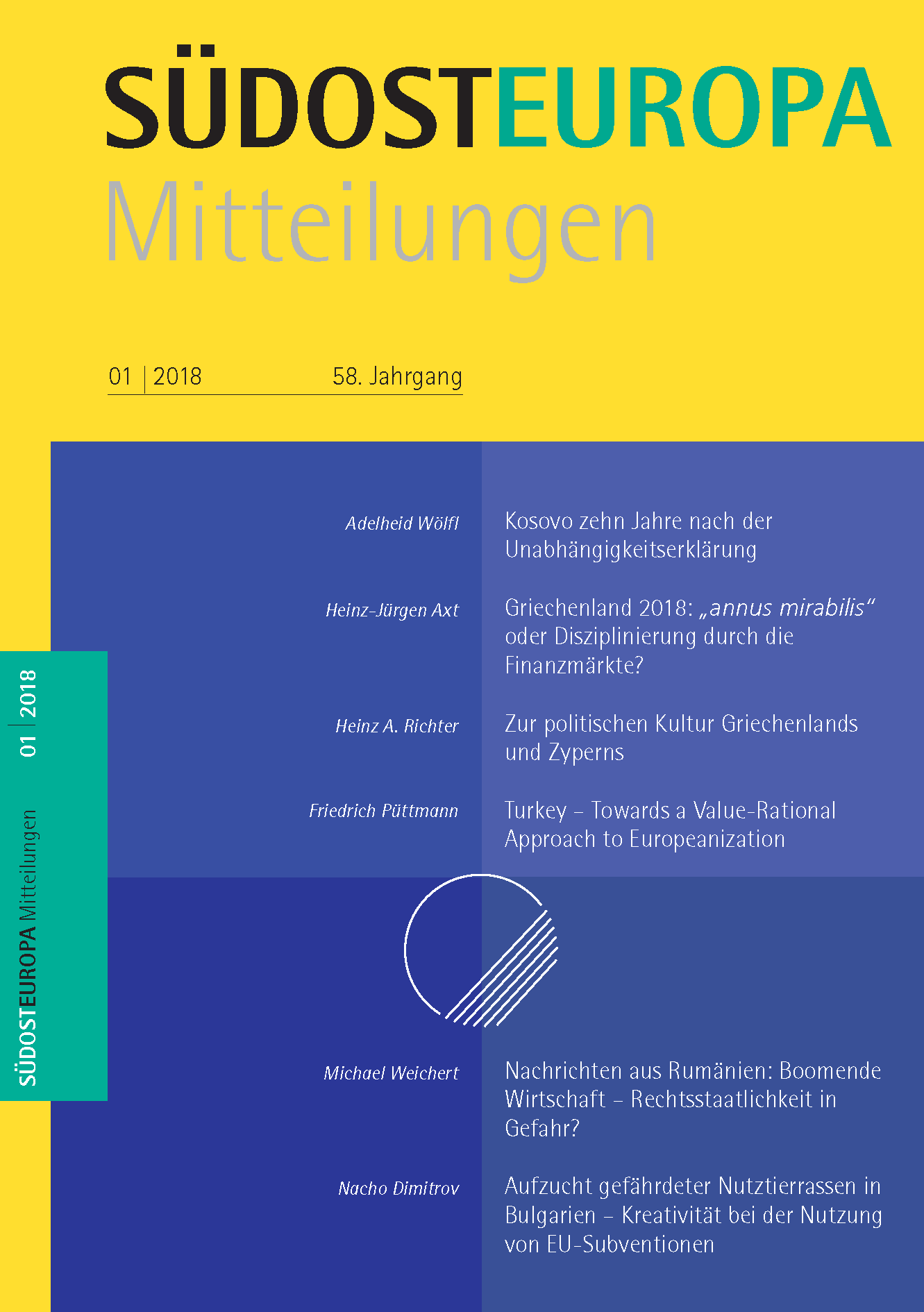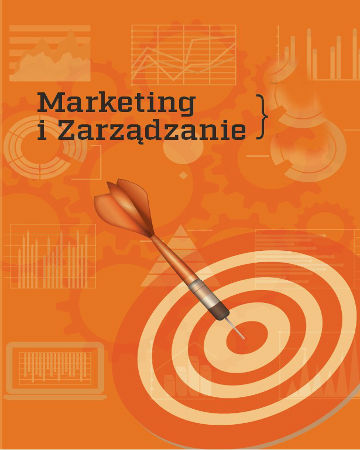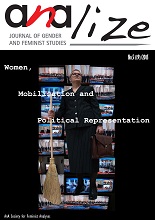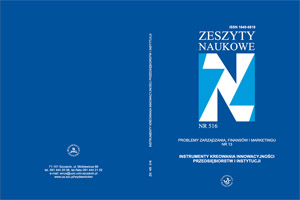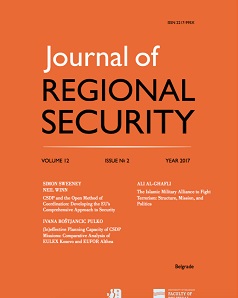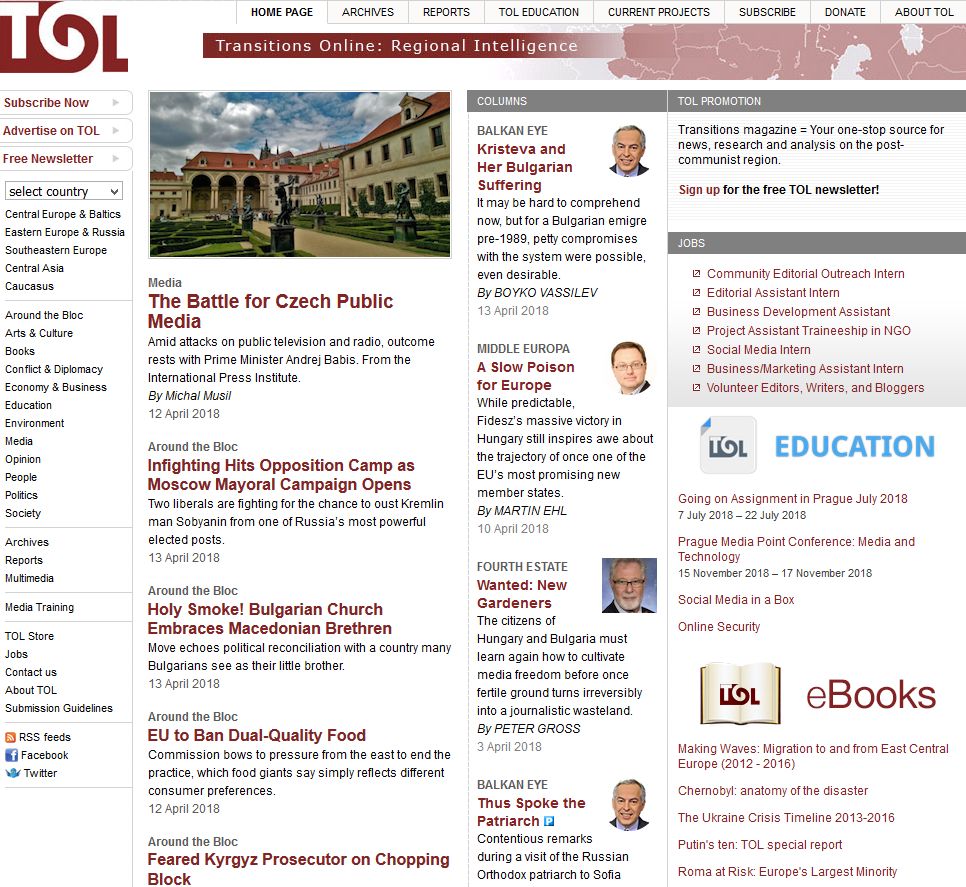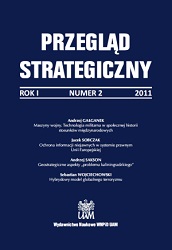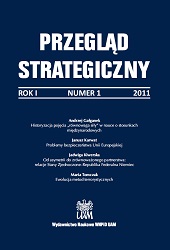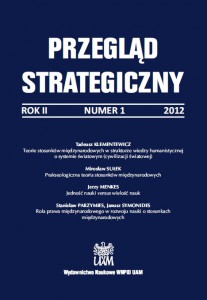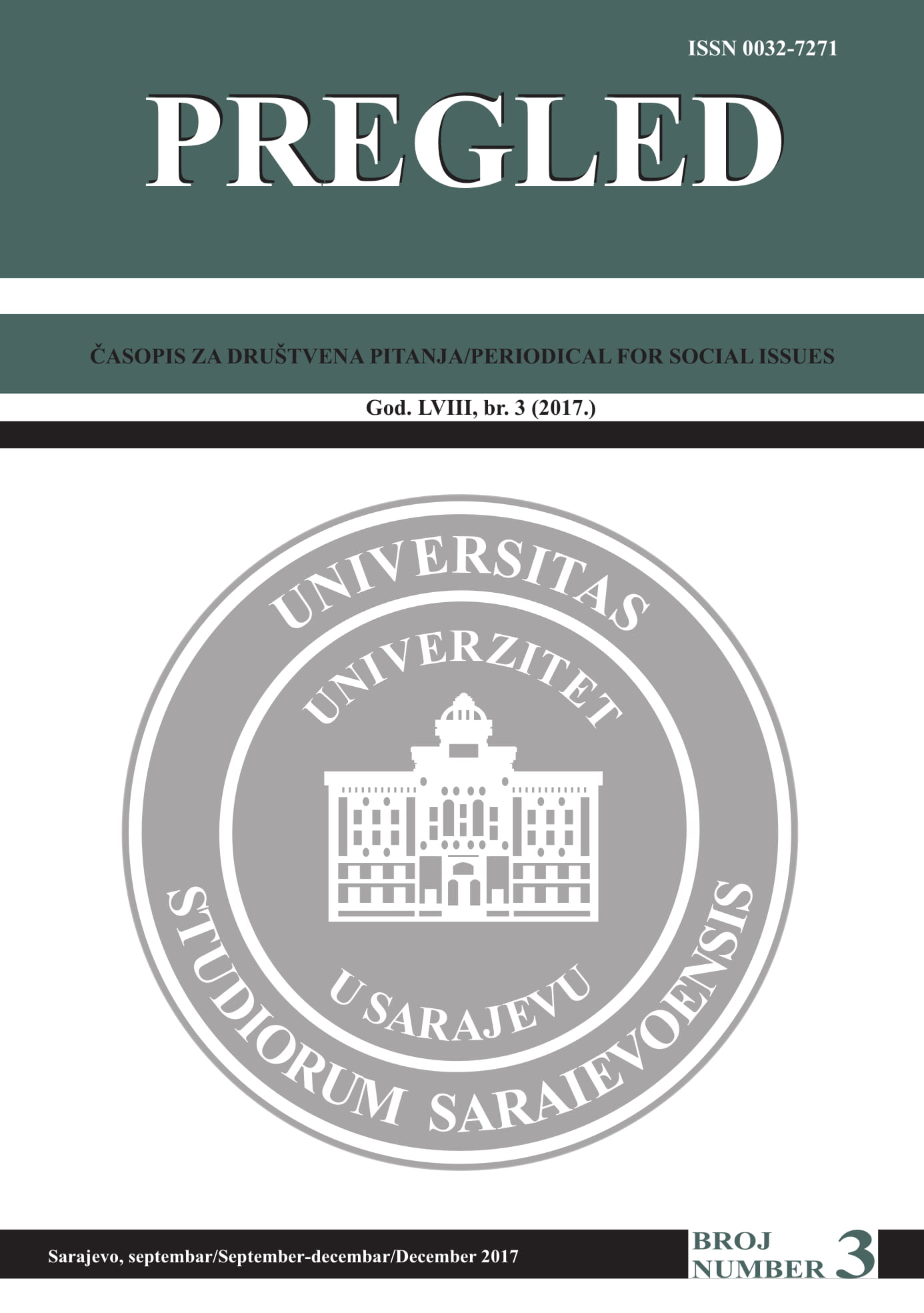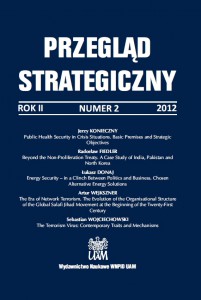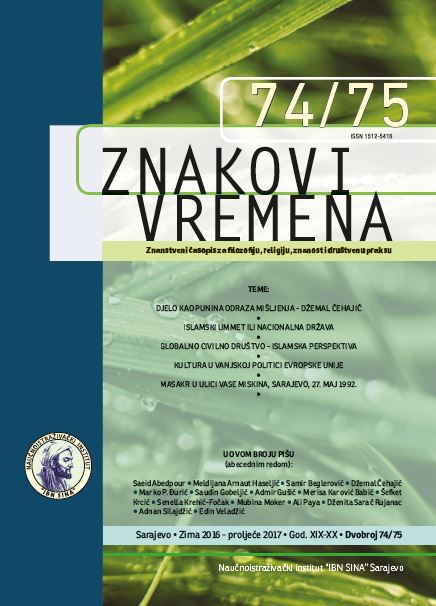
Kultura u vanjskoj politici Evropske Unije
It is obvious that culture becomes an increasingly important factor in the Union’s foreign policy. References to the new dimension of culture in the EU’s foreign affairs can also be seen in the establishing of the Creative Europe program where it is clearly emphasized that it is referring to the objectives set out in the Treaty on the Functioning of the EU and the European Agenda for Culture. This aspect is also recognized in the European Neighborhood Policy. Through its Neighborhood Policy, The Union cooperates with the southern and eastern partners to achieve the closest possible political link and the highest degree of economic integration. In the Institutions of the Union, the potential and the need to conduct agile cultural diplomacy has been recognized. Culture, based on the Agenda for Culture, has become one of the key components of foreign affairs. Well crafted cultural diplomacy is the corner stone of building trust and long-standing good relations with citizens in third countries. For this reason, EU cultural policy makers have recently advocated that culture is essentially and horizontally integrated into a broad spectrum of EU foreign policy, from trade relations to enlargement policy and neighborhood policy. Culture can also be an instrument that helps to stimulate democratization, freedom of expression, inclusiveness, development, education, reconciliation and more. All of this confirms that the culture segment is becoming more and more represented in EU policies. Its enormous potential is recognized and therefore we find it more and more common in other sectoral policies.
More...
